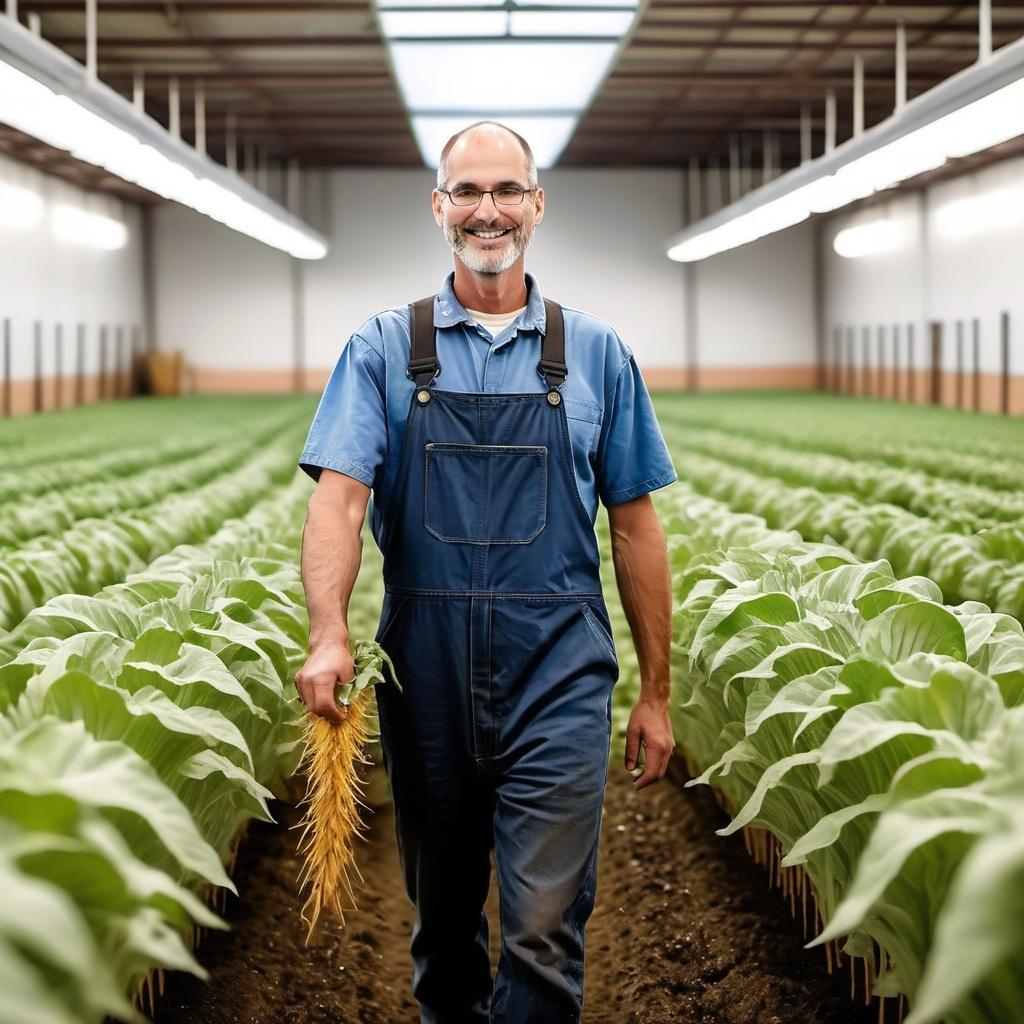
Agriculture plays a pivotal role in many economies, particularly in developing countries, where it is a major source of employment and income. With advancements in technology, the agricultural sector has evolved, creating new opportunities for individuals with different skill sets. Jobs in agriculture are diverse, ranging from traditional farming to modern agribusiness roles, and can be found in both rural and urban settings.
Farm Laborer
Farm laborers perform a wide variety of tasks that help ensure crops and livestock are properly maintained. These tasks include planting, harvesting, feeding animals, and tending to equipment. Farm laborers work long hours, often in difficult conditions, but their work is vital to food production and the agricultural industry as a whole.
Agricultural Engineer
Agricultural engineers apply principles of engineering, science, and technology to solve agricultural problems related to machinery, irrigation, waste management, and sustainability. They design and develop equipment, processes, and structures that improve agricultural efficiency. Agricultural engineering is a highly technical role that requires a deep understanding of both farming practices and engineering principles.
Agronomist
Agronomists specialize in crop production and soil management. They study plants, soils, and climates to develop strategies for increasing agricultural yields. Their work includes conducting research, providing advice to farmers, and creating programs that optimize the use of land and resources. Agronomists often work for government agencies, agricultural companies, or research institutions.
Agricultural Manager
Agricultural managers oversee the daily operations of farms, ranches, nurseries, or other agricultural establishments. They are responsible for planning, coordinating, and managing the production of crops and livestock. This job involves supervising workers, handling financial tasks, and making decisions about what crops to grow or what livestock to raise. Agricultural managers must have strong leadership and organizational skills.
Agricultural Scientist
Agricultural scientists focus on research and development in areas such as genetics, plant biology, animal science, and food production. They work to improve the efficiency and safety of agricultural processes and to develop new technologies for better crop and livestock management. Agricultural scientists are employed by universities, research institutions, private companies, and government agencies.
Livestock Breeder
Livestock breeders work to improve animal genetics to produce healthier, stronger, and more productive animals. They specialize in breeding programs for cattle, poultry, sheep, and other livestock, selecting animals with the best traits to create superior offspring. This job requires a deep understanding of animal genetics, nutrition, and care.
Agricultural Technician
Agricultural technicians assist scientists in conducting research related to agriculture. They help with experiments, collect data, and analyze results. Agricultural technicians may work in laboratories, greenhouses, or in the field. Their role is essential in supporting agricultural innovation and ensuring research is accurate and effective.
Horticulturist
Horticulturists focus on the cultivation of plants, including fruits, vegetables, flowers, and ornamental plants. They may work in nurseries, botanical gardens, or landscape design, and their role is to develop methods for improving plant growth and health. Horticulturists often work closely with other agricultural professionals to develop sustainable and profitable growing practices.
Agribusiness Manager
Agribusiness managers are responsible for the business aspects of agricultural production, including marketing, distribution, and sales. They work in various sectors of the agriculture industry, such as food production, equipment manufacturing, and agricultural finance. Agribusiness managers need a strong understanding of both business and agriculture to successfully manage operations and make strategic decisions.
Irrigation Specialist
Irrigation specialists focus on the design, installation, and maintenance of irrigation systems that provide water to crops and landscapes. They ensure that plants receive the correct amount of water for optimal growth and work to conserve water through efficient irrigation practices. This role is critical in areas where water resources are limited, and sustainable farming practices are needed.
Soil Scientist
Soil scientists study soil properties, composition, and behavior in relation to agriculture. They analyze soil samples to determine fertility levels, recommend fertilizers or treatments, and work to improve soil health for better crop production. Soil scientists are often involved in environmental conservation and land management, ensuring that farming practices do not degrade the land.
Agricultural Sales Representative
Agricultural sales representatives sell products such as seeds, fertilizers, and equipment to farmers and agribusinesses. They provide advice on the best products to use for specific crops or farming methods and work to build relationships with customers. This job requires strong communication skills and a deep understanding of agricultural products and practices.
Food Scientist
Food scientists work in the agricultural industry to ensure that food products are safe, nutritious, and of high quality. They conduct research on food preservation, processing, and packaging, as well as develop new food products. Food scientists work for food manufacturing companies, research institutions, and government agencies to ensure food safety and improve production processes.
Environmental Scientist
Environmental scientists play a key role in sustainable agriculture by studying the impact of farming practices on the environment. They work to develop solutions for issues like soil erosion, water conservation, and pollution control. Environmental scientists may work for governmental agencies, non-profits, or private companies focused on creating eco-friendly farming solutions.